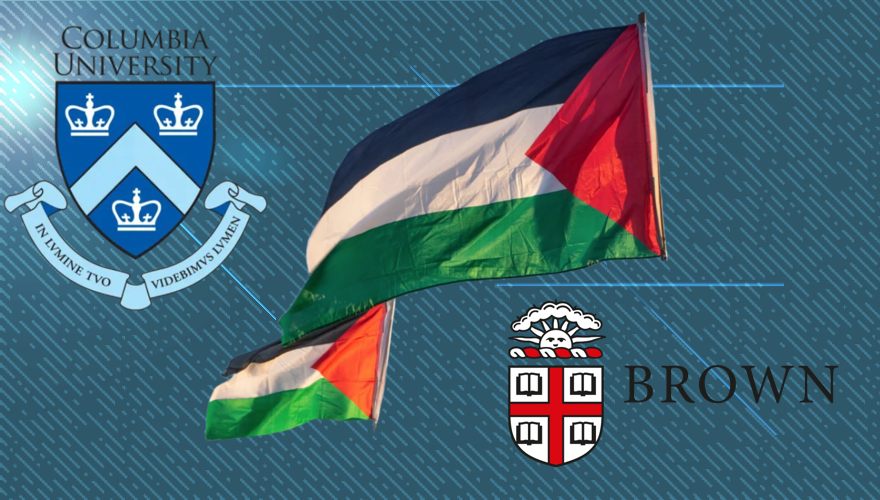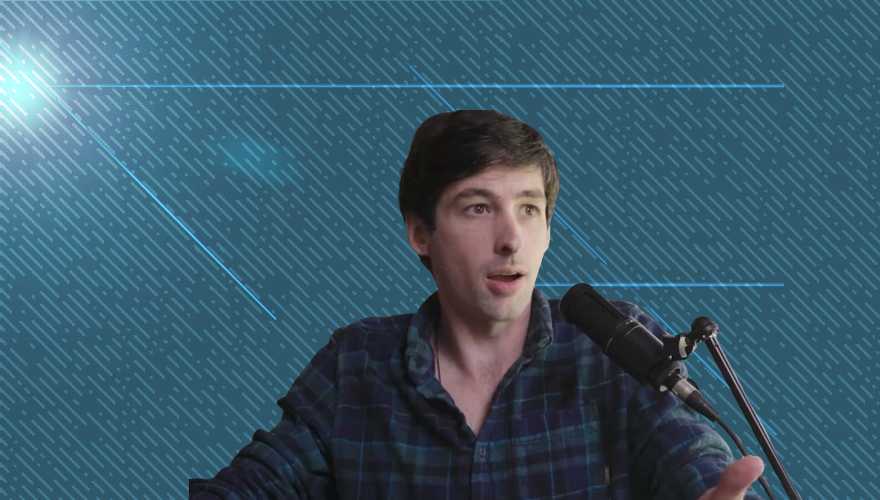Ivy League universities are managing the impact of pro-Palestine protests.
College students across the country returned to campus for the fall semester, reigniting the push for schools to divest from Israel amid the ongoing conflict.
Joseph Edelman, a trustee at Brown University, announced on Sunday he would leave his position because of the university’s upcoming vote to divest from Israel. Edelman says it is “morally reprehensible” that the vote was even considered “much less that it will be held – especially in the wake of the deadliest assault on the Jewish people since the Holocaust.”
“I am concerned about what Brown’s willingness to hold such a vote suggests about the university’s attitude toward rising antisemitism on campus and a growing political movement that seeks the destruction of the state of Israel,” he wrote in an opinion piece for The Wall Street Journal. “Israel, like all nations, has a moral duty to defend its citizens from terrorist attacks, and that is exactly what it has been doing.”
Edelman is the chief executive officer of Perceptive Advisor, a biotechnology investment firm. He joined Brown’s board in 2019 and was expected to serve a six-year term, according to the Brown Daily Herald. In addition to providing major donations, Edelman and his wife endowed the faculty director of the Center for Human Rights.
Edelman said the school’s decision to hold the divestment vote was not made based “on facts or values” but because of “weakness onward student activists.”
“The university leadership has for some reason chosen to reward, rather than punish, the activists for disrupting campus life, breaking school rules, and promoting violence and antisemitism at Brown,” he wrote. “Brown’s leadership admits the looming divestment vote is designed to buy good behavior from pro-Hamas activists, many of whom are adherents of the boycott, divestment and sanctions movement, which seeks the destruction of the Jewish state through political and economic warfare.”
Brown University, which has removed Edelman’s profile from its website, is not the only member of the Ivy League to struggle in the face of renewed pro-Palestine protests.
Columbia University opened the new semester three weeks after Minouche Shafik resigned as president. Shafik had come under fire in the spring after denying that Columbia had an antisemitism problem. She ultimately asked the New York Police Department to break up the protestors’ encampment – leading to the arrest of more than 100 people. In response, the school’s chapter of the American Association of University Professors condemned the police involvement and called for a no-confidence vote in Shafik, per The New York Daily News.
Despite the change in leadership, protests did return to the New York campus. A sculpture outside of the school’s Lowe Library had been hit with red paint.
In a report for The New Yorker, Emma Green wrote:For months now, Columbia’s main campus, in Morningside Heights, has been effectively locked down, open only to those with I.D.s and their guests. An army of security guards enforce this policy, some of them employed by Columbia, others part of private-security firms that the university has maintained in recent months.
On the first day of classes this week, a group of protesters gathered outside the gates at 116th and Broadway, blocking students from coming onto campus.
The protestors yelled and drummed as students lined up to enter the Morningside Heights campus. Some carried signs that read “resist until victory.” Others chanted "over 100,000 dead, Columbia your hands are red” and “don’t cross the picket line, we must honor Palestine,” per The New York Post.

